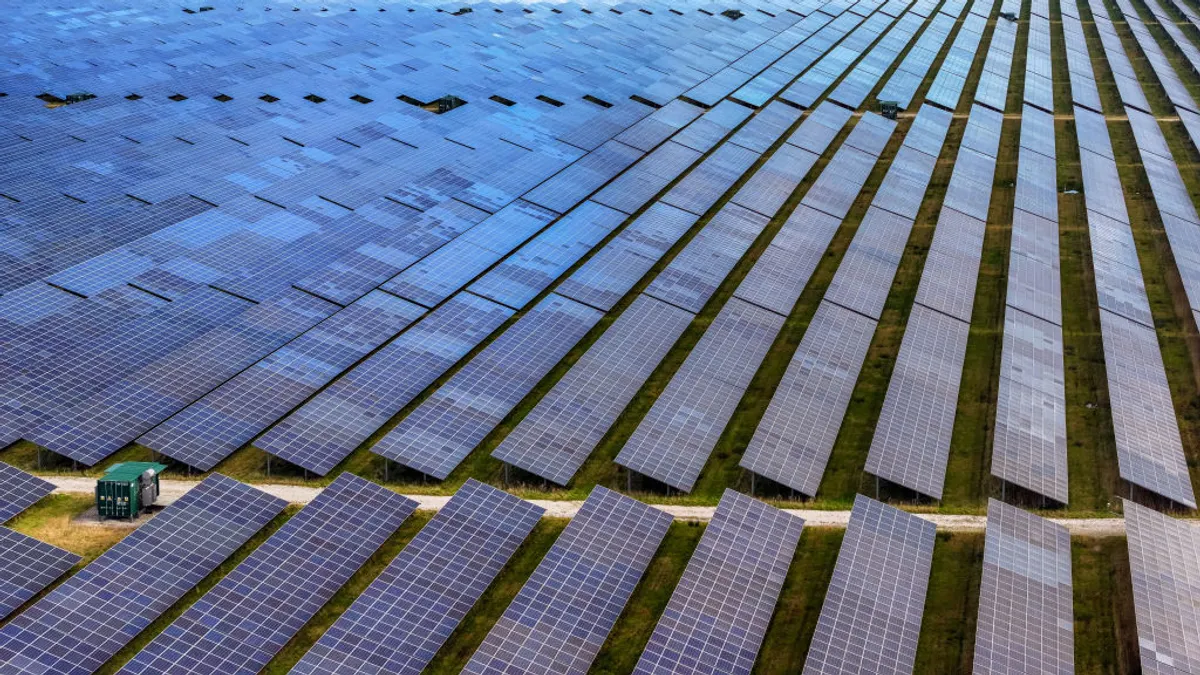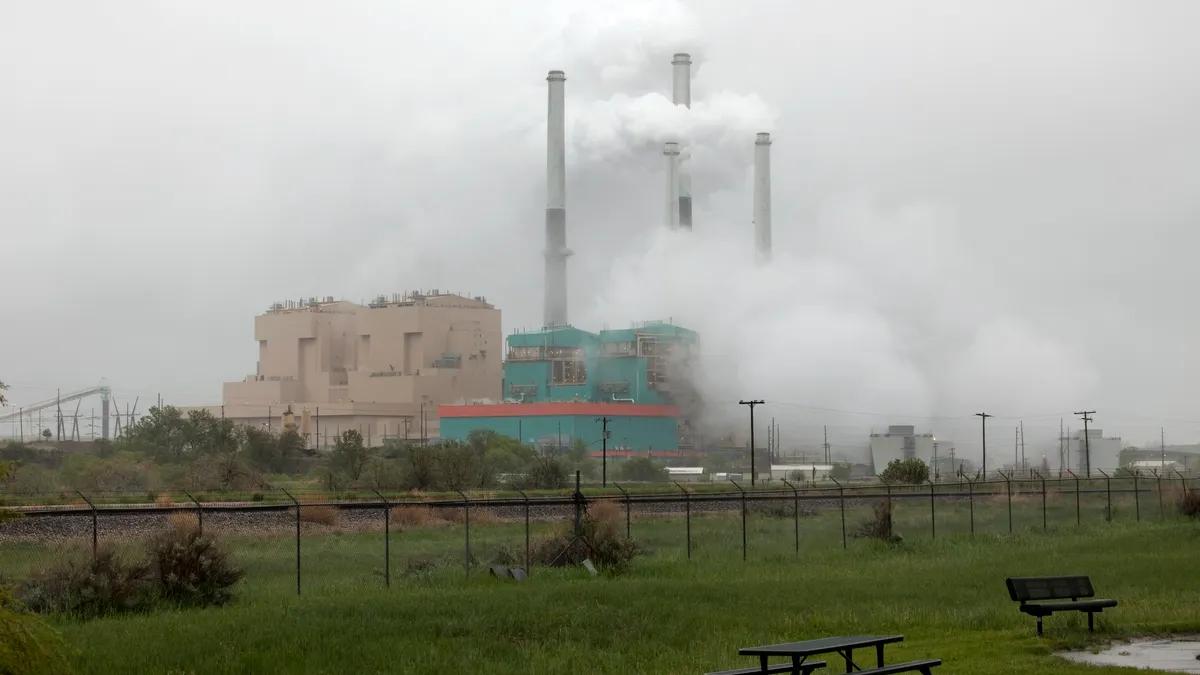Julie Gorte is a sustainable finance expert and consultant. She previously held the role of senior vice president of sustainable investing at Impax Asset Management until the end of July. As SVP, Gorte oversaw the firm’s ESG-related research and shareholder and public policy advocacy.
Four or five years ago, it looked like “sustainable investing” was on its way to becoming, simply, “investing”. In my quarter-century career in this sector, that felt like a meaningful win.
I still remember talking to companies about the importance of gender diversity on boards when I was relatively new to the sector, in the early 2000s. The most frequent response to many of these conversations was something similar to, “Can you prove that women will be as good as men at being on corporate boards?” There were some pretty spectacular governance failures around that time, with Enron serving as the poster child.
My unspoken response to these questions was, “Can you prove that women would be any worse?” At that time, the average U.S. corporate board comprised about 12% women members — roughly one-third of what it is today among S&P 500 companies.
That wasn’t just an isolated vignette. It was how the “mainstream” investment industry viewed sustainable investing, at the time: as something that didn’t matter to “real” investors and whose impact was only negative.
The false performance ‘trade-off’ narrative
A common belief back then was that if you put your money into sustainable investing (or SRI, as it was then known), you should prepare for below-average returns. The next 20 years proceeded to completely alter that presumption. Sustainable investment funds have demonstrated that they can achieve competitive financial returns, as the chart below, which compares sustainable and traditional funds’ performance since 2018, shows.
Does sustainable investing always outperform? Of course not. Neither, for that matter, does any other investment discipline: large cap, small cap, domestic, international, global, thematic, emerging markets, developed markets, you name it. There is a clear double standard though: other investment disciplines are also allowed to underperform, sustainable investing is typically not afforded the same grace.
Underperformance following the Russian invasion of Ukraine in 2022 opened the floodgates to sustainability-bashing. The war raised fears about oil and gas supplies, and for a period many traditional energy stocks experienced abnormally positive returns. That, in turn, led many sustainable funds to underperform, since they either avoid or underweight fossil fuel companies in their portfolios.
Sustainable approaches have far from underperformed
Median performance of ‘sustainable’ and ‘traditional’ funds, December 2018 to July 2024
The politicization of sustainable investing
In this context, ESG skeptics and opponents really amplified a narrative that sustainable investment approaches serve to incorporate the non-pecuniary concerns of liberals and other groups judged ‘woke’ in certain political discourse.
In U.S. public policy today, sustainable investing is uniquely accused of being misguided, political or even illegal. Dozens of bills before Congress fall into the anti-sustainability (or anti-ESG) basket, and many states have taken, or are preparing to take, actions to prohibit asset managers from considering “political or ideological interests” in their investment decision-making. However, though over 100 bills opposing ESG principles were introduced in state legislatures in 2025, just 11 have so far passed.
To some extent, those salvos have hit their targets. Many companies and investors have ceased talking about sustainability, or facets of it like diversity and climate change. Some have now gone silent altogether, and funds once touted as sustainable have morphed into (or returned to being) traditional investments.
Outlandish claims are sometimes made, presented as truths, and amplified via social media without penalty or recourse. Yet just because you can say whatever you want, in politics and on social media platforms, that doesn’t make it true.
Facts are facts. Climate change is happening and it’s a set of real, material adaptation, physical and transition risks for companies and investors.
Diversity does not detract from performance, and in many cases, it is correlated with better performance as my annual review of the academic industry studies into diversity and inclusion has shown. After all, if you can engage and motivate your entire workforce, you’re more likely to perform well than if you can only reach the dominant demographic.
Biodiversity is something we all depend on, and continuing to degrade it will cost all of us in ways most of us either can’t imagine or would prefer not to think about. The World Economic Forum estimates that half of global GDP is highly or moderately dependent on biodiversity.
The bottom line: Mother Nature doesn’t do bailouts.
Our potential to solve the greatest challenges
It matters to stay in touch with reality. What moves markets, in the end, is truth.
That’s why I feel so privileged to have had a long career in sustainable investing. And while there are lots of reasons for despair, there are compelling reasons for optimism as well. Our species didn’t evolve big brains for nothing. The problems that confront us are ones we can solve – we just need to make them our priority.
To close, let me quote Jesse Jackson: “Keep hope alive. Keep hope alive! Keep hope alive! On tomorrow night and beyond, keep hope alive!”



















